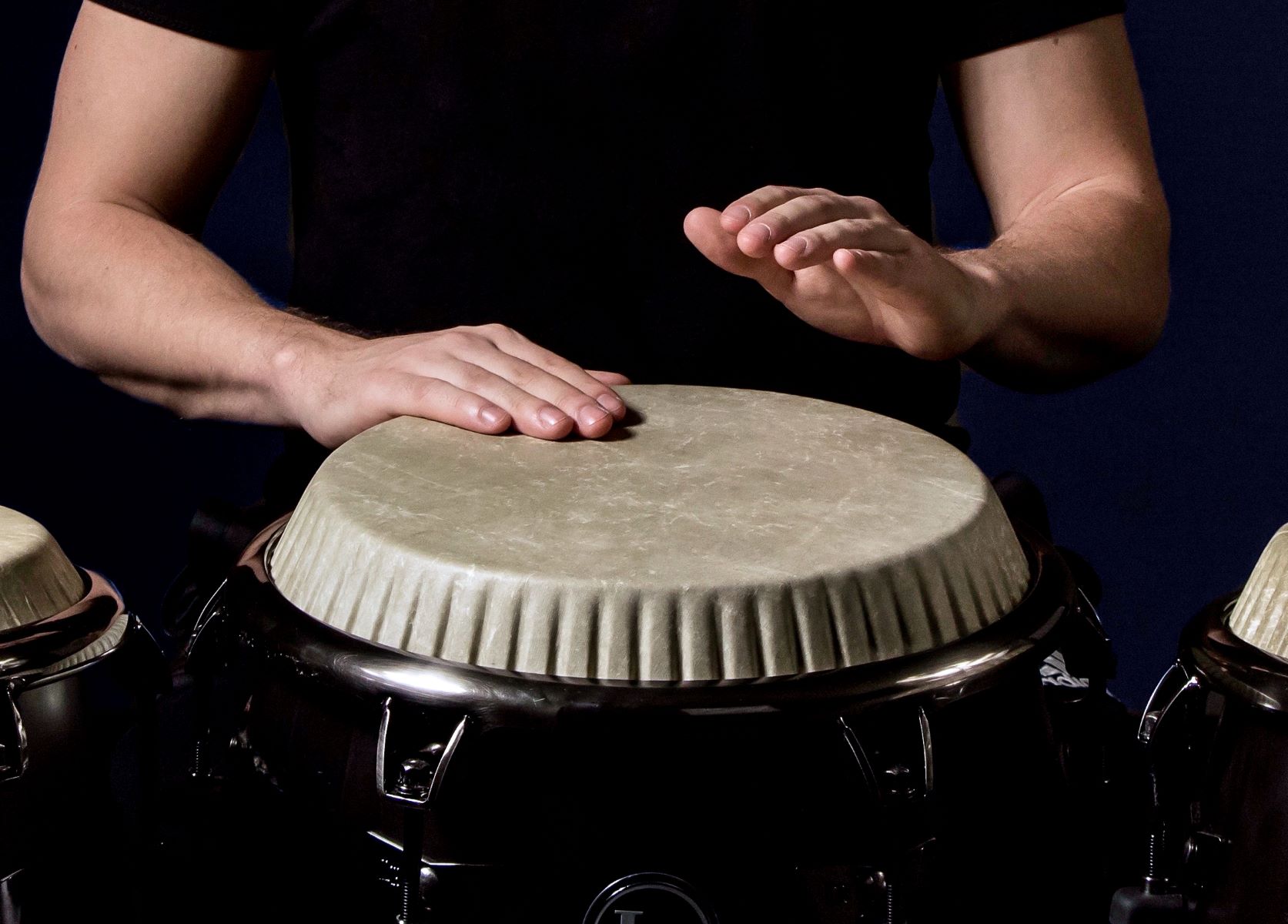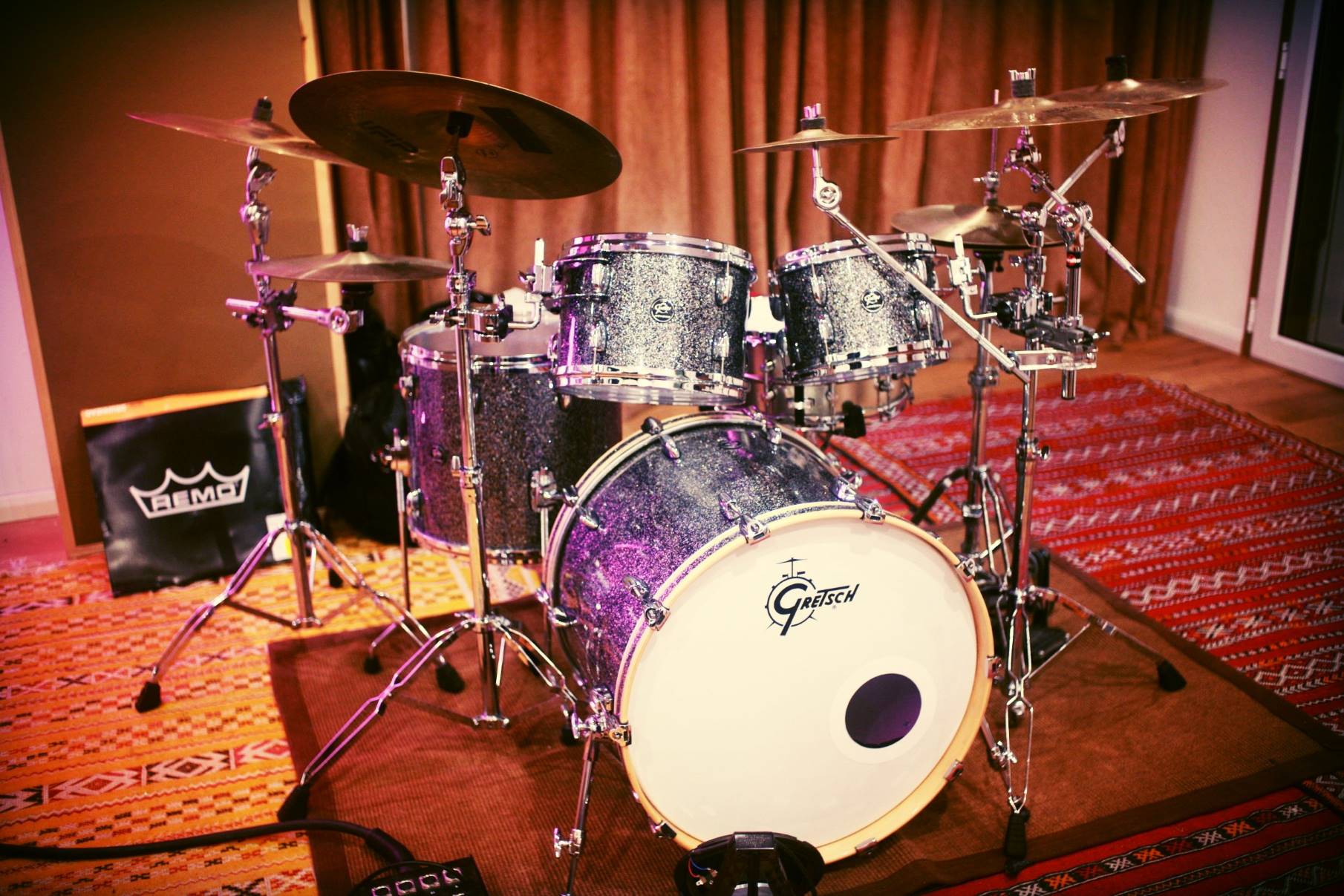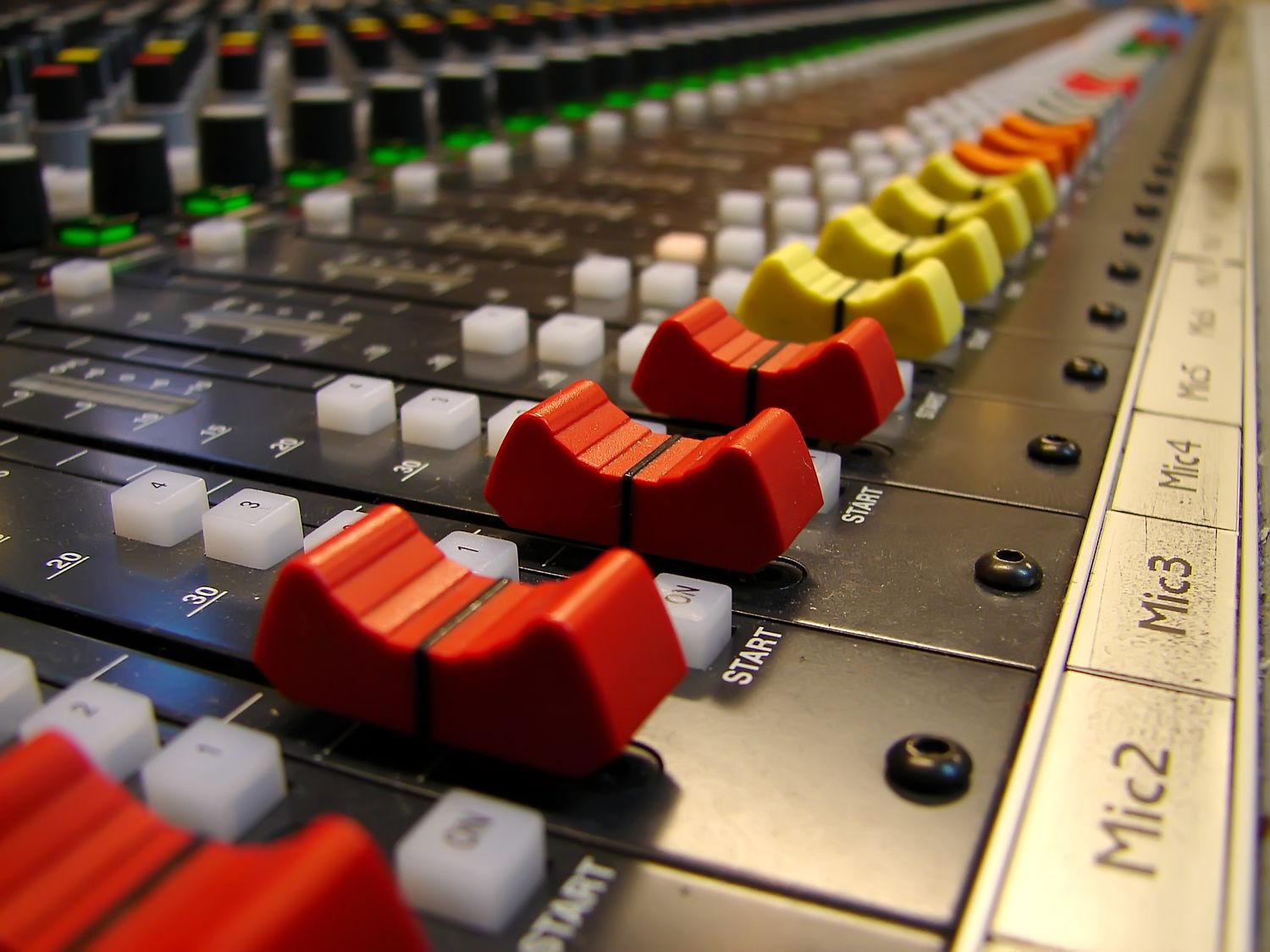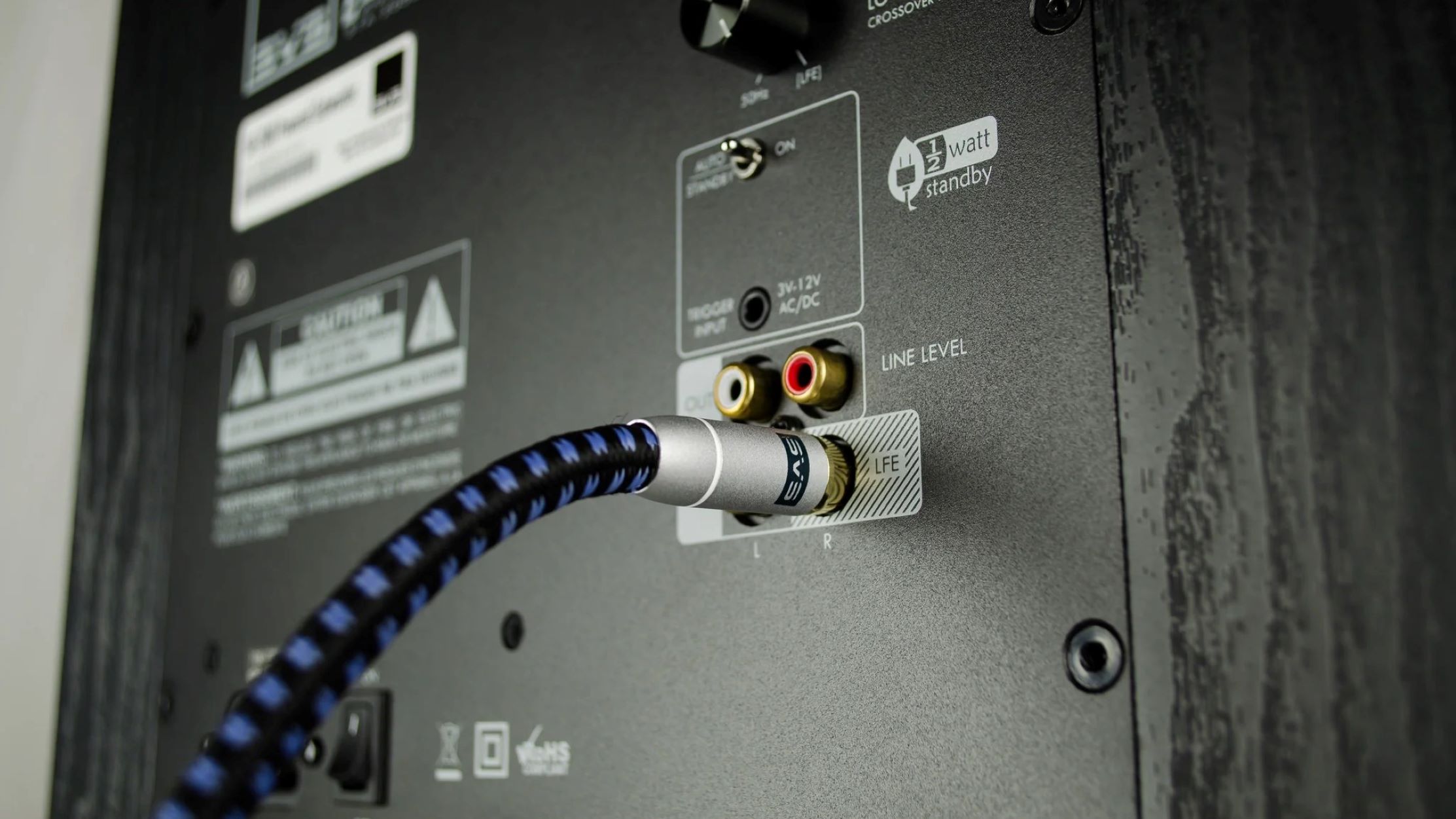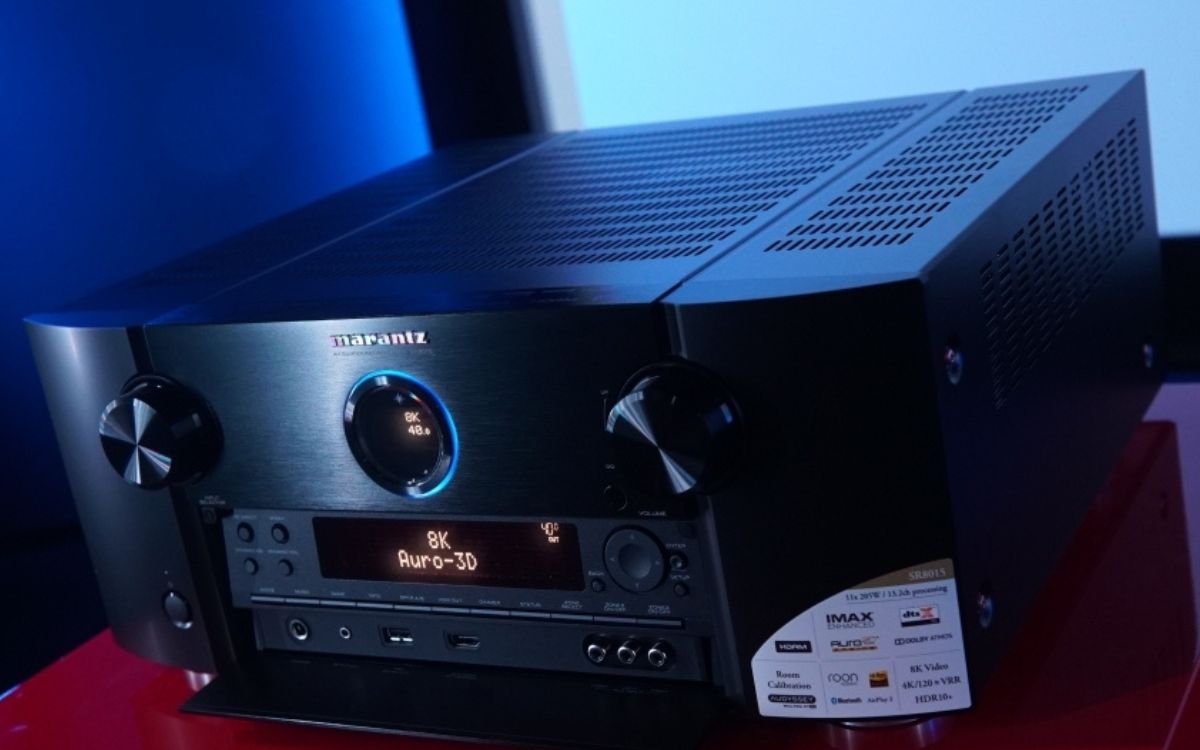Home>Instruments>Drums>What Do I Need To Clean My Drums
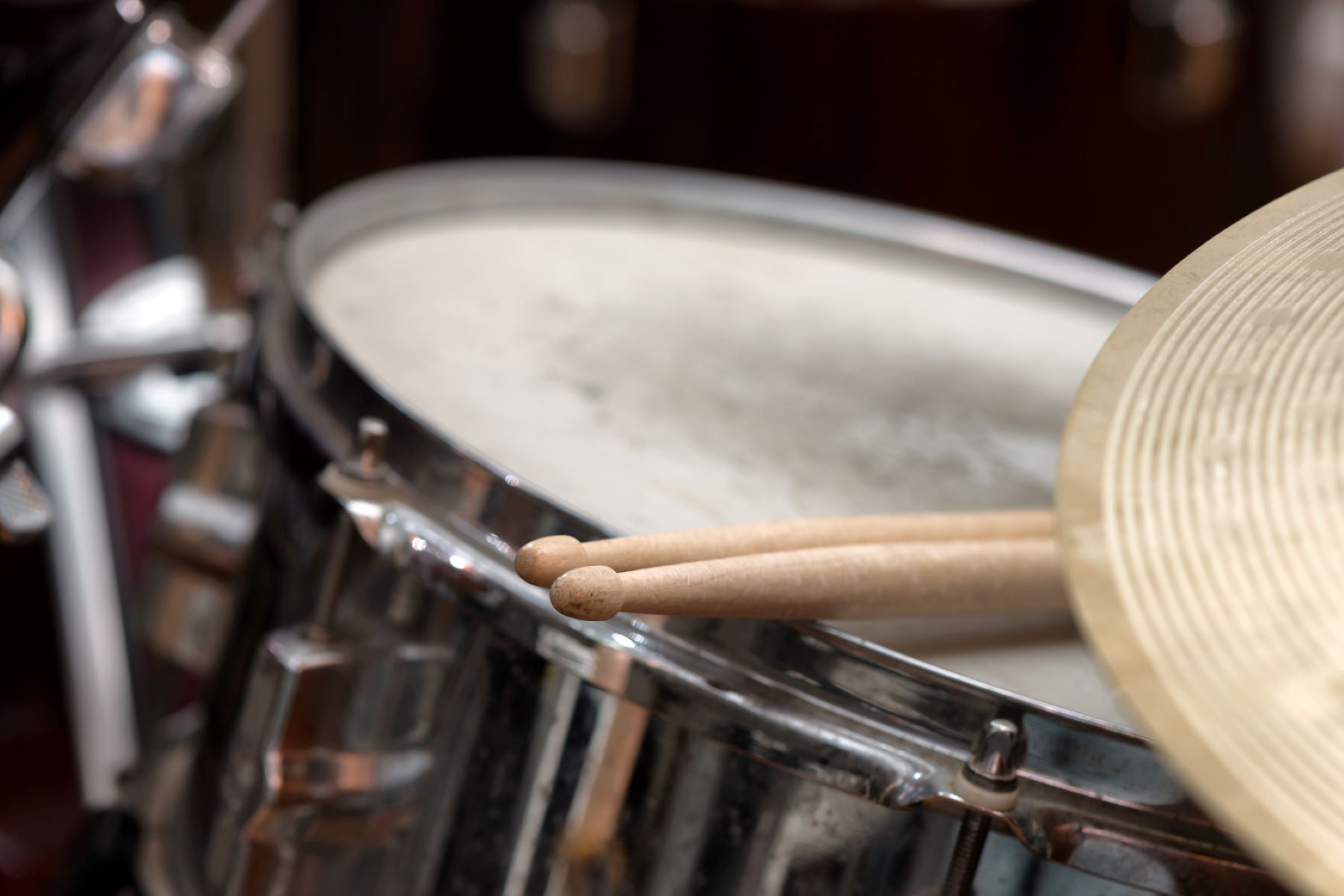

Drums
What Do I Need To Clean My Drums
Published: February 7, 2024
Discover the essential cleaning supplies for maintaining your drums and keeping them in top condition. Find out what you need to clean and care for your drums effectively.
(Many of the links in this article redirect to a specific reviewed product. Your purchase of these products through affiliate links helps to generate commission for AudioLover.com, at no extra cost. Learn more)
Table of Contents
Introduction
Drums are not only musical instruments but also works of art that require regular care and maintenance to ensure their longevity and optimal performance. Whether you are a professional drummer or an enthusiastic beginner, keeping your drums clean is essential for preserving their sound quality and appearance. Regular cleaning not only enhances the aesthetic appeal of your drums but also prevents the buildup of dirt, grime, and other contaminants that can affect their tone and playability.
Proper drum maintenance involves using the right cleaning supplies and techniques to ensure that each component, from the drum shells to the hardware and cymbals, remains in top condition. By understanding the specific cleaning requirements of different drum materials and components, you can effectively remove dirt, fingerprints, and stick marks without causing any damage. This article will provide you with valuable insights into the essential cleaning supplies, specific products for different drum materials, the cleaning process, and maintenance tips to help you keep your drums in pristine condition.
Basic Cleaning Supplies
Before diving into the specifics of cleaning different drum components, it’s essential to have the right cleaning supplies on hand. Here are the basic cleaning supplies you’ll need to keep your drums looking and sounding their best:
- Mild Soap: A gentle, non-abrasive soap is ideal for cleaning drum shells, hardware, and cymbals without causing damage or leaving behind residue.
- Microfiber Cloths: These soft, lint-free cloths are perfect for wiping down drum surfaces and removing dust, fingerprints, and smudges.
- Polishing Cloths: Specifically designed for cymbals, polishing cloths help restore shine and remove tarnish without scratching the metal.
- Drum Key: Essential for removing and reattaching drumheads, a drum key allows you to access the interior of the drums for thorough cleaning.
- Cymbal Cleaner: For heavily tarnished cymbals, a specialized cymbal cleaner can effectively remove discoloration and restore their brilliance.
- Chrome Polish: Ideal for cleaning and polishing metal hardware, such as lugs, hoops, and tension rods, to maintain their luster.
- Soft Bristle Brushes: These are useful for removing dust and debris from hard-to-reach areas, such as lug casings and air vents.
- Rubber or Foam Padding: Placing rubber or foam padding between drums and hardware during transportation and storage helps prevent scratches and dents.
By having these basic cleaning supplies readily available, you’ll be well-equipped to tackle routine maintenance and address any dirt or grime that accumulates on your drums. With the right tools at your disposal, you can maintain the appearance and functionality of your drums with ease.
Specific Cleaning Products for Different Drum Materials
When it comes to cleaning drums, different materials require specific care to ensure that they remain in optimal condition. Understanding the appropriate cleaning products for each drum component is essential for preserving their appearance and longevity. Here are the specific cleaning products tailored to different drum materials:
- Wooden Drum Shells: To clean wooden drum shells, it’s crucial to use a mild soap specifically formulated for wood, as well as a microfiber cloth. Avoid harsh chemicals or abrasive cleaners that can damage the wood’s finish. Additionally, applying a high-quality wood polish can help maintain the luster and protect the wood from environmental factors.
- Metal Hardware: When cleaning metal hardware, such as lugs, hoops, and tension rods, a chrome polish is highly effective in removing tarnish and restoring shine. Ensure that the chosen polish is suitable for the specific type of metal used in your drum hardware to prevent any adverse reactions.
- Cymbals: Specialized cymbal cleaners are designed to remove tarnish and restore the brilliance of cymbals without causing damage to the metal. Additionally, using a polishing cloth specifically made for cymbals can help maintain their appearance and protect them from fingerprints and smudges.
- Drumheads: While regular dusting and wiping with a microfiber cloth can suffice for drumheads, occasional use of a drumhead cleaner can help remove stick marks and maintain the integrity of the drumhead material. It’s essential to choose a cleaner that is compatible with the type of drumheads you have, whether they are coated or clear.
By utilizing the appropriate cleaning products for different drum materials, you can effectively remove dirt, grime, and tarnish while preserving the integrity and appearance of each component. This tailored approach to drum maintenance ensures that your drums not only sound great but also look their best for years to come.
Cleaning Process
Now that you have the necessary cleaning supplies and an understanding of the specific products for different drum materials, it’s time to delve into the cleaning process. Follow these steps to ensure a thorough and effective cleaning routine for your drums:
- Remove Drumheads and Hardware: Start by carefully detaching the drumheads and hardware from the drum shells. Use a drum key to loosen the tension rods and safely remove the drumheads, taking care to keep all components organized.
- Dust and Wipe Down Surfaces: Using a soft bristle brush and microfiber cloth, gently remove dust and debris from the drum shells, hardware, and cymbals. Ensure that all surfaces are thoroughly wiped down to eliminate any buildup.
- Clean with Mild Soap: Dilute a small amount of mild soap in water and use a clean, damp microfiber cloth to wipe down the drum shells and hardware. Take care to avoid excessive moisture and thoroughly dry the surfaces after cleaning to prevent any water damage.
- Polish Cymbals and Metal Hardware: Apply a small amount of cymbal cleaner or chrome polish to a polishing cloth and gently buff the cymbals and metal hardware to remove tarnish and restore their shine. Ensure that the products are applied evenly and follow any specific instructions provided by the manufacturer.
- Reassemble the Drums: Once all components are clean and dry, reattach the drumheads and hardware, ensuring that the tension rods are tightened evenly to achieve the desired drumhead tension and tone.
- Final Inspection: After cleaning and reassembly, inspect the drums for any remaining smudges or marks, and make any necessary touch-ups with the appropriate cleaning products and cloths.
By following this comprehensive cleaning process, you can effectively maintain the cleanliness and appearance of your drums while ensuring that each component is treated with the care it deserves. Regular cleaning not only enhances the visual appeal of your drums but also contributes to their overall performance and longevity.
Maintenance Tips
In addition to regular cleaning, implementing proper maintenance practices is essential for preserving the quality and longevity of your drums. Consider the following tips to keep your drums in optimal condition:
- Store Drums Properly: When not in use, store your drums in a controlled environment away from direct sunlight, extreme temperatures, and humidity. Utilize padded drum cases or bags to protect them during transportation and storage.
- Inspect and Tune Regularly: Routinely inspect your drums for any signs of wear, damage, or loose hardware. Ensure that the drumheads are properly tuned to maintain consistent tone and resonance.
- Protect Cymbals: Use cymbal sleeves or dividers when stacking cymbals to prevent metal-on-metal contact and potential damage. Avoid over-tightening wing nuts and felts to allow cymbals to move naturally and sustain their sound.
- Monitor Drumhead Condition: Keep an eye on the condition of your drumheads and replace them when they show signs of wear, such as dents, punctures, or a loss of tone quality. Properly seating and seating drumheads can also extend their lifespan.
- Regularly Clean and Oil Hardware: Clean and lubricate the moving parts of your hardware, such as tension rods and pedal mechanisms, to ensure smooth operation and prevent corrosion.
- Invest in Quality Cases and Stands: Utilize sturdy drum cases, stands, and mounts to protect your drums from potential impacts and instability. Quality hardware and accessories contribute to the overall safety and longevity of your drum kit.
- Seek Professional Maintenance: For intricate repairs, tuning adjustments, or in-depth cleaning, consider consulting a professional drum technician to address any specific concerns and maintain the integrity of your drums.
By incorporating these maintenance tips into your drum care routine, you can proactively safeguard your investment and ensure that your drums continue to deliver exceptional sound and performance. Consistent attention to maintenance not only extends the lifespan of your drums but also enhances your overall playing experience.
Conclusion
Maintaining the cleanliness and functionality of your drums is a fundamental aspect of being a responsible and discerning drummer. By employing the right cleaning supplies, specific products for different drum materials, and a meticulous cleaning process, you can uphold the appearance and performance of your drums for years to come. Additionally, implementing effective maintenance tips ensures that your drums remain in optimal condition, allowing you to fully enjoy their sonic capabilities and aesthetic appeal.
Regular cleaning not only removes dirt and grime but also contributes to the overall hygiene and longevity of your drum kit. By investing time and effort into proper maintenance, you demonstrate a commitment to preserving the quality and value of your drums, ultimately enhancing your musical experience and performance. Whether you’re a professional musician, a dedicated hobbyist, or a passionate beginner, the care and attention you devote to your drums directly impact their sound, appearance, and durability.
As you embark on your drum maintenance journey, remember that each cleaning session and maintenance task is an opportunity to connect with your instrument and show it the care and respect it deserves. By following the guidelines outlined in this article and infusing your own personalized approach, you can ensure that your drums remain in pristine condition, ready to deliver outstanding performances and inspire your musical endeavors.
Embrace the art of drum maintenance as a meaningful part of your musical practice, and let your dedication shine through in the immaculate condition and exceptional performance of your beloved drums.

